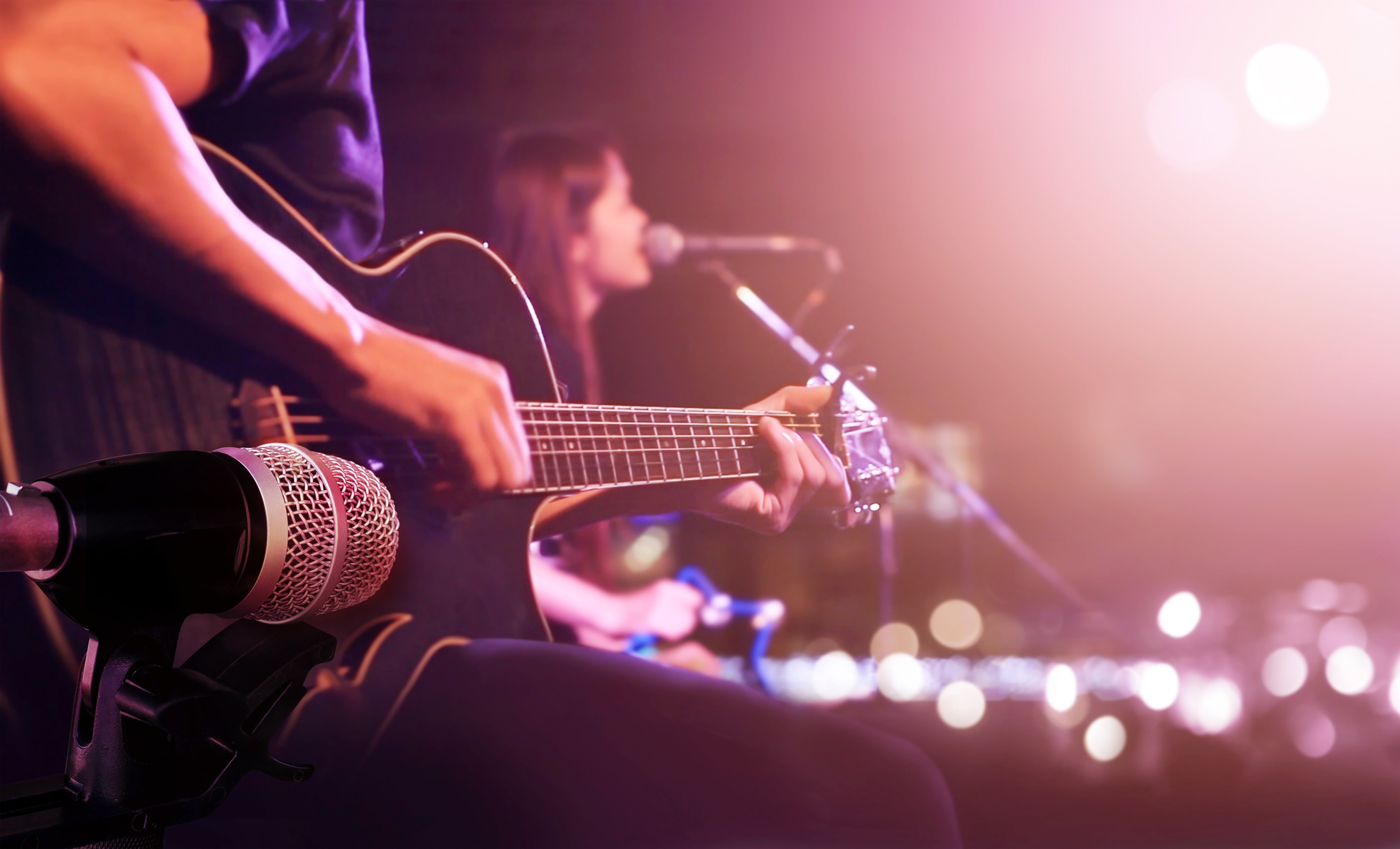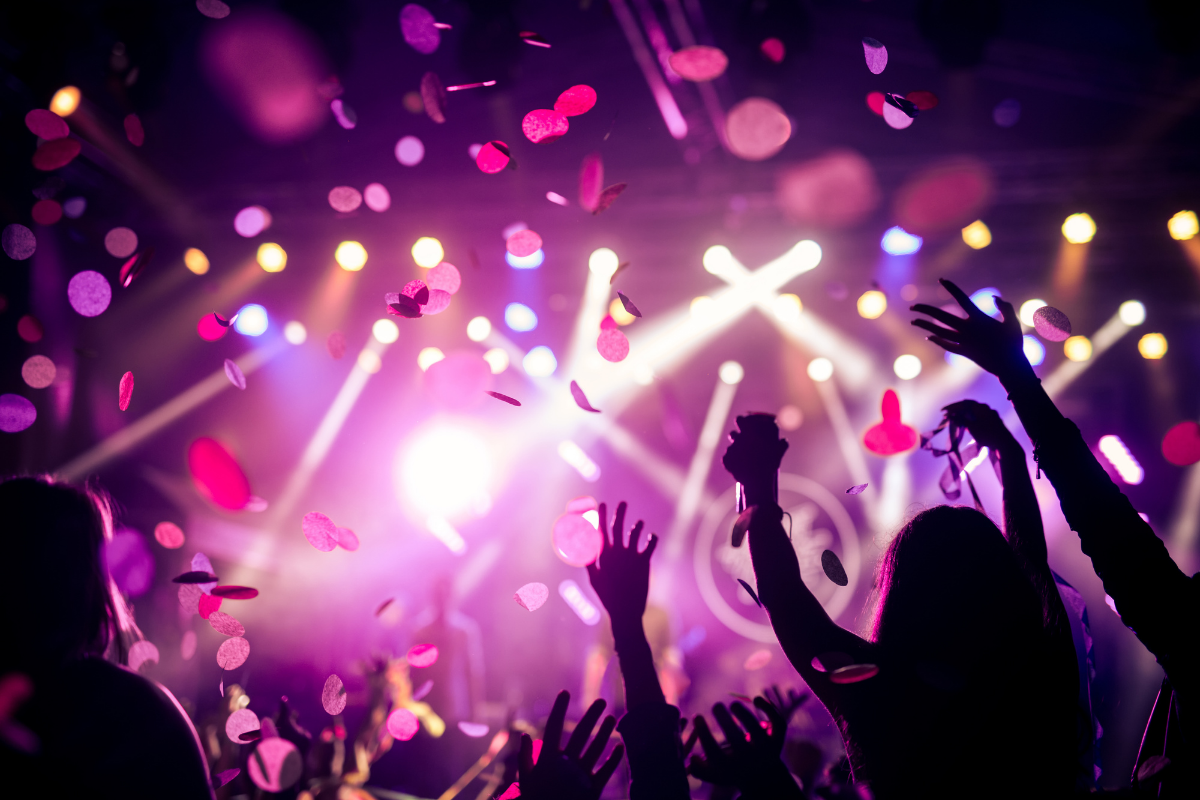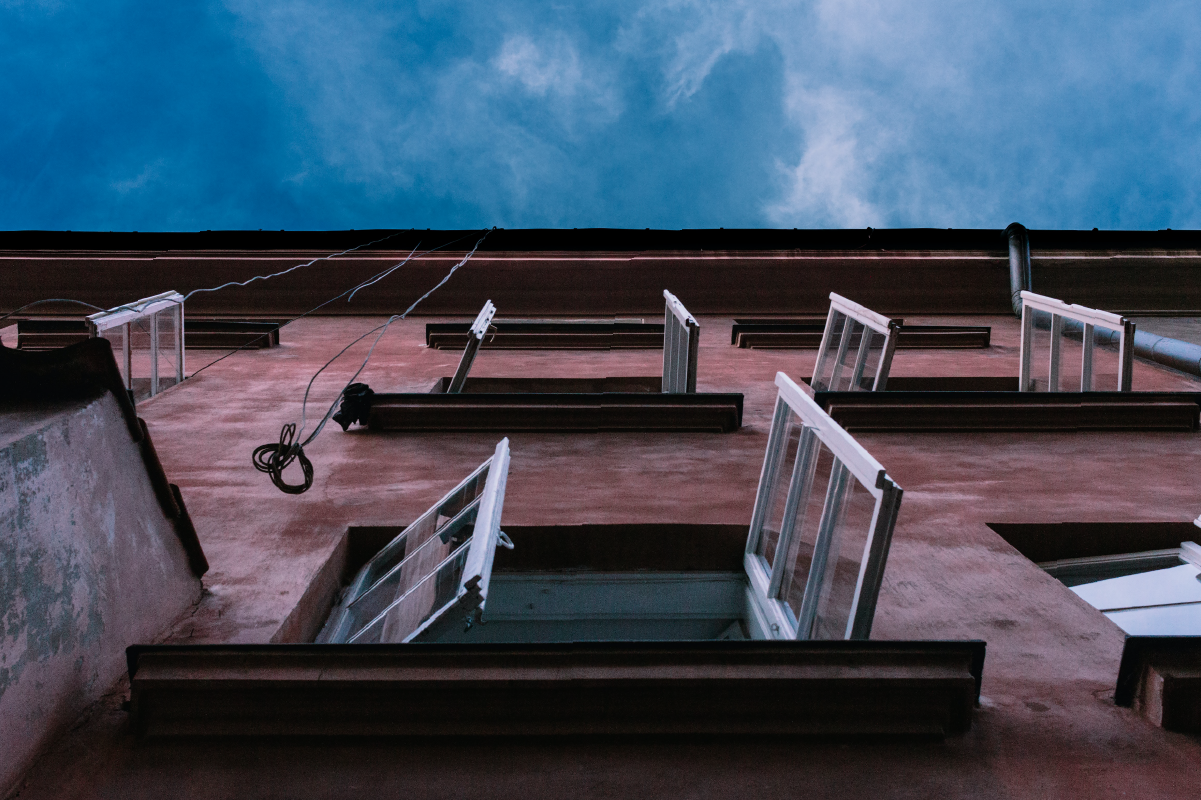
What is a loud sound?
The intensity of a sound, commonly known as volume, is measured using decibels (dB). Noise in particular is calculated using a type of decibel known as dBA.
Sounds that are louder than 70 dB can cause permanent hearing loss depending on the duration of exposure. For example, for noise of 85 dB, permanent hearing loss can develop after 8 hours or more of exposure. When the volume is increased to 105 dB, daily exposuremust not exceed 15 minutes.
Decibel scale
The decibel scale is a logarithmic scale. What does this mean? The important thing to remember is that even when you double the intensity (if you put two speakers producing exactly the same music), the decibels don't double!Increasing the sound by 3 dB corresponds to multiplying by 2 the volume.
Here are some examples of different intensities in dBA.

What are the consequences of noise on the ears?
Hearing damage can occur if a very loud sound causesacoustic trauma or if we are exposed for several hours to moderately loud sounds (e.g. 80 dB). This damage can be temporary, but also permanent depending on the intensity of the sound and the duration of exposure.
The cells inside the ear, called hair cells, are damaged when exposed to sounds that are too loud, for too long. They eventually tire and wear out, just as a pair of shoes wears out from walking. Many people, when they go to a concert for example, will have the sensation of hearing less well afterwards. This sensation can last for several hours. Even if this hearing loss is temporary, it's an indicator that our ears have been exposed to sounds that are too loud, and that we'd better be careful next time.
The wear and tear of these cells can result in hearing loss, but can also be the cause of the onset or worsening of tinnitus. Sometimes, after being in a noisy environment, you hear a ringing or buzzing in your ears. This can be an indicator of hearing damage. Sometimes it disappears on its own or persists for longer.
What to do to protect your ears from loud sounds?
If you frequent a noisy environment, for work or leisure, it is important to protect your ears properly to avoid developing adeafness, tinnitus or any other hearing damage.
- Lower the Volume
It is possible to protect your ears by lowering the volume. This can be done by reducing it at source (by turning down the radio, for example) or by wearing hearing protectors. In particular, there are tailored earplugs for workers, those who enjoy hunting and rifle shooting, for musicians, concertgoers or anyone who needs them.
- Reduce the duration of exposure
Damage can also be reduced by shortening the duration of noise exposure. For example, by listening to music for less time or taking breaks in a quiet environment at work.
- Sound Rest
If you're seeing an audiologist, it's advisable to take a 16-hour sound rest before the appointment. This means avoiding exposure to loud noises for 16 hours. This is because hearing becomes temporarily worse after exposure to noise. Hearing test results can then be distorted.
Want to check whether you have noise-induced hearing loss? Make an appointment now at one of our ODYO clinics.



